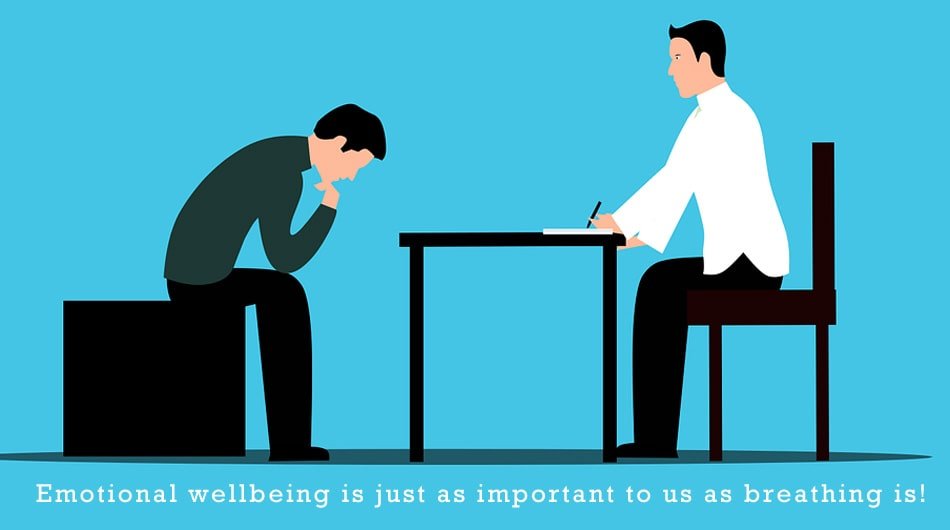Clinical Psychology vs Psychiatry

Clinical psychology and psychiatry are two separate but related psychological fields that focus on the study, diagnosis, and treatment of psychological disorders.
A subfield of psychology known as clinical psychology is dedicated to the screening, diagnosis, and treatment of mental health disorders.
Clinical psychologists assist people using a range of techniques, such as talk therapy, behavioral therapy, and cognitive-behavioral therapy.
They are qualified to work with people of all ages who have a range of mental disorders and often hold a doctoral degree in psychology (PhD or PsyD).
On the other side, the research, diagnosis, and treatment of mental diseases are the focus of psychiatry, a field of medicine.
Medical practitioners who have undergone further training in the discipline of psychiatry are known as psychiatrists.
They can recommend medications as medical professionals and may also recommend talk therapy to assist people in overcoming mental health issues. They approach the study and treatment of mental diseases more biologically.
Clinical psychology and psychiatry frequently collaborate in a multidisciplinary team in a hospital or private practice environment to offer patients a comprehensive course of therapy.
It’s also important to note that in addition to psychologists and psychiatrists, there are other therapists who offer mental health treatments, such as Licensed Professional Counselors (LPC) or Licensed Clinical Social Workers (LCSW), who have various educational backgrounds and areas of expertise.
Difference Between Clinical psychology and Psychiatry
Although both clinical psychology and psychiatry encompass the assessment, diagnosis, and treatment of mental health disorders, there are several differences between the two fields:
Education and Training:
- Clinical psychologists typically have a doctoral degree (PhD or PsyD) in psychology and are trained to work with individuals across the lifespan, with a wide range of mental health conditions.
- Psychiatrists, on the other hand, are medical doctors who have completed medical school and a psychiatry residency. They have extensive knowledge of the biological, psychological, and social factors involved in mental health conditions, and are trained to use medications and psychotherapy in treatment.
Scope of Practice:
- Clinical psychologists are trained to provide a wide range of psychological assessments and psychological therapies, such as talk therapy, behavioral therapy, and cognitive-behavioral therapy.
- Psychiatrists, as medical doctors, have the additional ability to prescribe medication. They also may provide talk therapy as part of treatment and can provide a more holistic approach to treatment.
Focus:
- Clinical psychologists typically focus on psychological interventions, such as talk therapy and behavioral therapy, to help individuals understand and change their thoughts and behaviors.
- Psychiatrists, as medical doctors, have a broader focus, including the use of medications and other medical treatments, as well as psychological interventions, to address mental health conditions.
The choice of a mental health expert for counseling and medication depends on personal preference, the nature of the problem, availability, insurance coverage, etc. Clinical psychology and psychiatry are both helpful in treating mental health disorders.
As a multidisciplinary team, they might collaborate; for instance, a clinical psychologist may regulate medicine while a psychiatrist gives treatment.
hiI like your writing so much share we be in contact more approximately your article on AOL I need a specialist in this area to resolve my problem Maybe that is you Looking ahead to see you